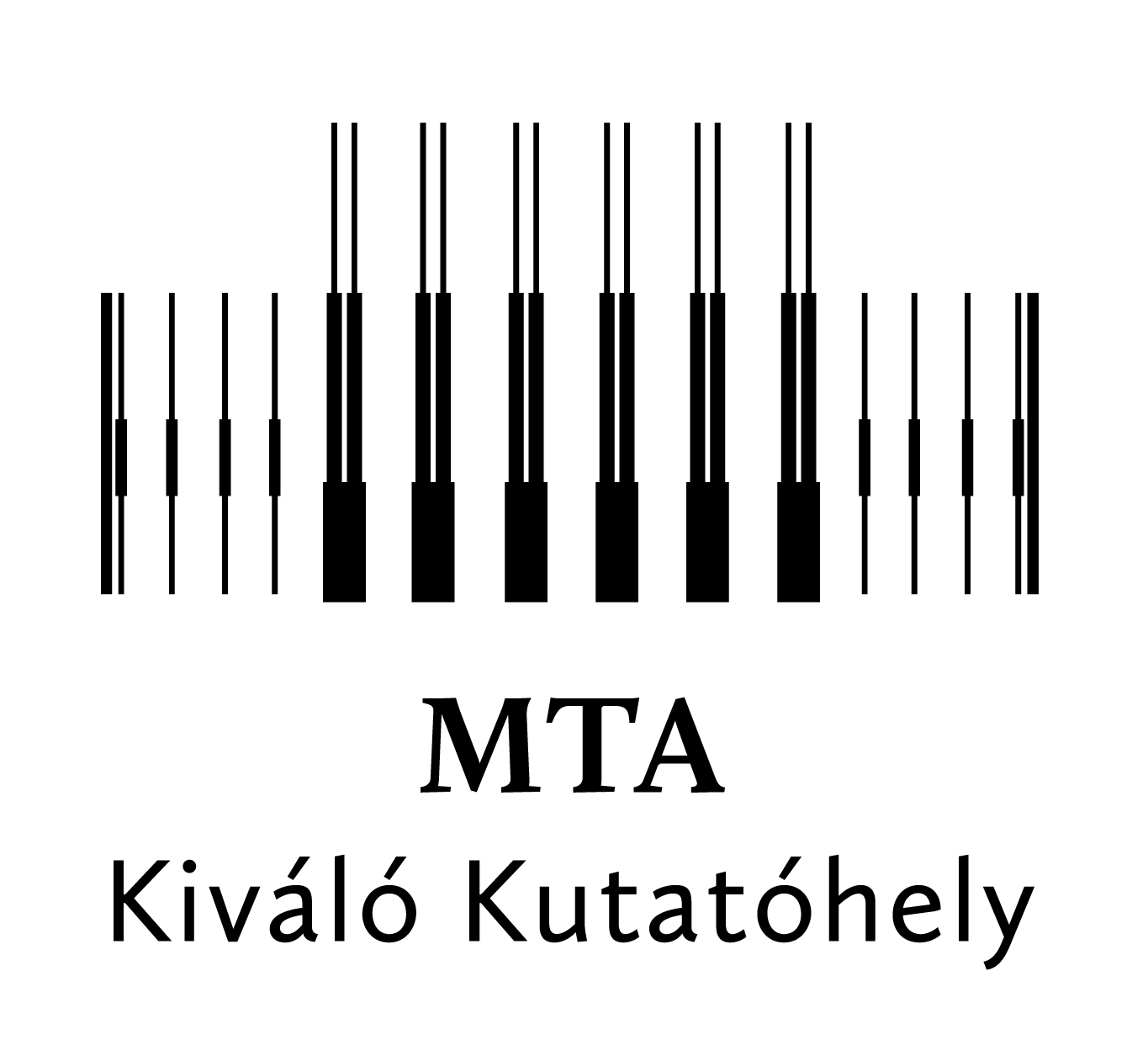About | Copyright © 2026 Budapest University of Technology and EconomicsBME
IT DIGITAL MSC PROGRAMME: Data Science

Translation of data into actionable knowledge and products is a challenging professional job, also regulated by the GDPR and the AI Act in the EU. This burgeoning process involves a diverse set of experts, considers the long-term preferences of organizations, and should consider ethical and legal aspects at the societal level. A data scientist needs many skills to perform and coordinate the analytic workflow besides knowledge from information theory, statistics, machine learning, data science, and artificial intelligence. The human-centred approach to intelligent data analysis (HCIDA) pinned on the EU’s GDPR and the AI Act provides a unified framework to drive the data analysis process toward trustworthy and beneficial solutions.
See more on the primary motivations, structure, and career opportunities of the DSC programme on the page at EIT Digital.
Return to all programmes at BME VIK
SPECIAL ASPECTS OF DATA SCIENCE AT BME VIK
BME-VIK offers "Data Science and Artificial Intelligence", which directly covers several HCIDA learning outcomes. The 1st year of the DS-AI MSc specialization includes two theoretical/technical courses on machine learning and deep learning and two laboratories on practical data analysis and the complete workflow of data analysis, machine learning and AI product development. The 2nd year of the DS-AI specialization focuses on human-centred intelligent data analysis.
EXPEXTED IMPACT On ECONOMY
Consumers' acceptance of a product or service in contemporary society never depended this much on the externalities of consumption and this little on the direct product features. The modern consumer has a holistic worldview in which consumption is an endorsement of a company and its values. In order to be successful, the engineering process should follow a human-centered design principle to ensure the ethical involvement of the public. It requires a new type of engineering entrepreneur: an ethical systems architect who can coordinate a data analysis workflow and an AI product lifecycle in this new economy.
EXPECTED IMPACT ON SOCIETY
The EU’s GDPR and the AI Act regulation are expected to provide long-term prosperity by ensuring a mutually beneficial relationship between information technologies and society by avoiding rejection by the technologically enlightened European consumer. The IT sector can provide more and more complex support for society, and society provides data and feedback for more advanced technological developments. The human-centered data science and AI approach is crucial to maintaining the ever more critical public’s trust, fuelling rapid technological developments.
COMPLETING THE OTHER YEAR
The studies at BME-VIK are in the exit year of the programme. The entry year can be performed at one of the following Universities or Institutes: Eindhoven University of Technology (TUE), The Netherlands; KTH Royal Institute of Technology (KTH), Sweden; Technical University of Berlin (TUB), Germany; University of Bologna (UNIBO), Italy; University of Turku (UTU), Finland.
SUBJECTS AND LEADING TEACHERS
Compulsory courses (40 ECTS):
Third semester (fall, 20 ECTS):
- Artificial intelligence and ethics* (2 ECTS)
- Artificial Intelligence and Law* (2 ECTS)
- Innovation & Entrepreneurship Study (6 ECTS)
- Diploma Thesis Design 1 (10 ECTS)
Fourth semester (spring, 20 ECTS):
- Diploma Thesis Design 2 (20 ECTS)
Elective courses (min. 5 ECTS):
- Security of Machine Learning * (5 ECTS)
- Trustworthy AI and data analysis* (5 ECTS)
- Intelligent data analysis and decision support* (5 ECTS)
- Engineering Ethics* (2 ECTS)
- AI-based Man-machine Interaction* (5 ECTS)
- Artificial general intelligence* (3 ECTS)
Total credits for the whole exit year: 60 ECTS
Scholarship for top nonEU/EEA students
The Faculty of Electrical Engineering and Informatics, Budapest University of Technology and Economics (BME), offers scholarships to top nonEU/EEA students enrolled in BME EIT Digital programs. The grant is merit-based, and the ranking is based on the accepted application submitted to EIT Digital Master School. The BME scholarship is up to 3 500 EUR per semester and cannot exceed 5 500 EUR per semester with the EIT Digital tuition fee waiver.
Program coordinators
Ethical data analysis and artificial intelligence
Mihály HÉDER, PhD, habil.
associate professor
head of the department
Dept. for Philosophy and History of Science (FTT)
Faculty of Economic and Social Sciences (GTK)
Budapest University of Technology and Economics (BME)
Intelligent data analysis
Péter Antal, PhD
associate professor
head of the Artificial Intelligence Group
head of the Computational Biology Laboratory
Department of Measurement and Information Systems
Faculty of Electrical Engineering and Informatics (VIK)
Budapest University of Technology and Economics (BME)
Contact:
György Strausz, PhD
associate professor
Department of Measurement and Information Systems
Faculty of Electrical Engineering and Informatics (VIK)
Budapest University of Technology and Economics (BME)
INDUSTRIAL PARTNERS
There is strong cooperation with the industry in the field of artificial intelligence. The most appropriate link to this cooperation is the thesis work at industrial partners. Several research centers and other artificial intelligence developers reside in Budapest, like:
- E-Group ICT Software Zrt.




